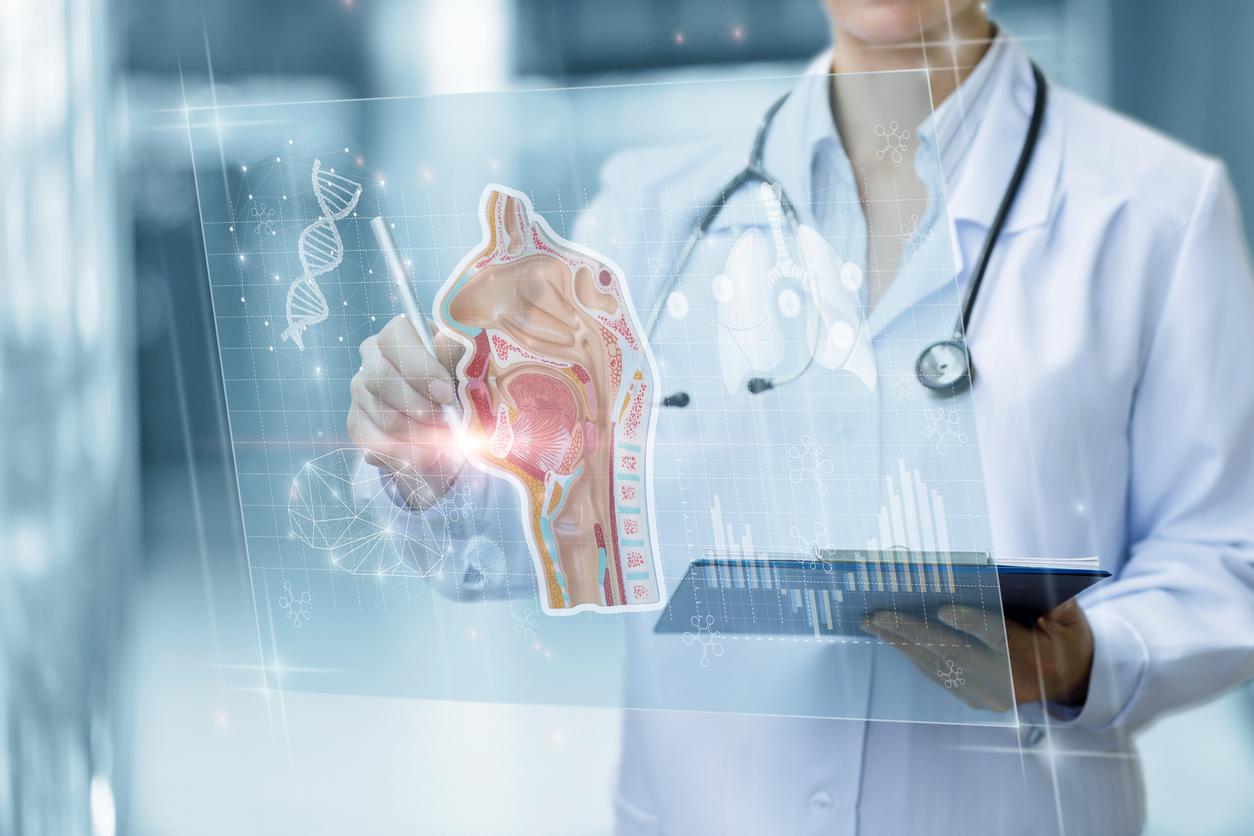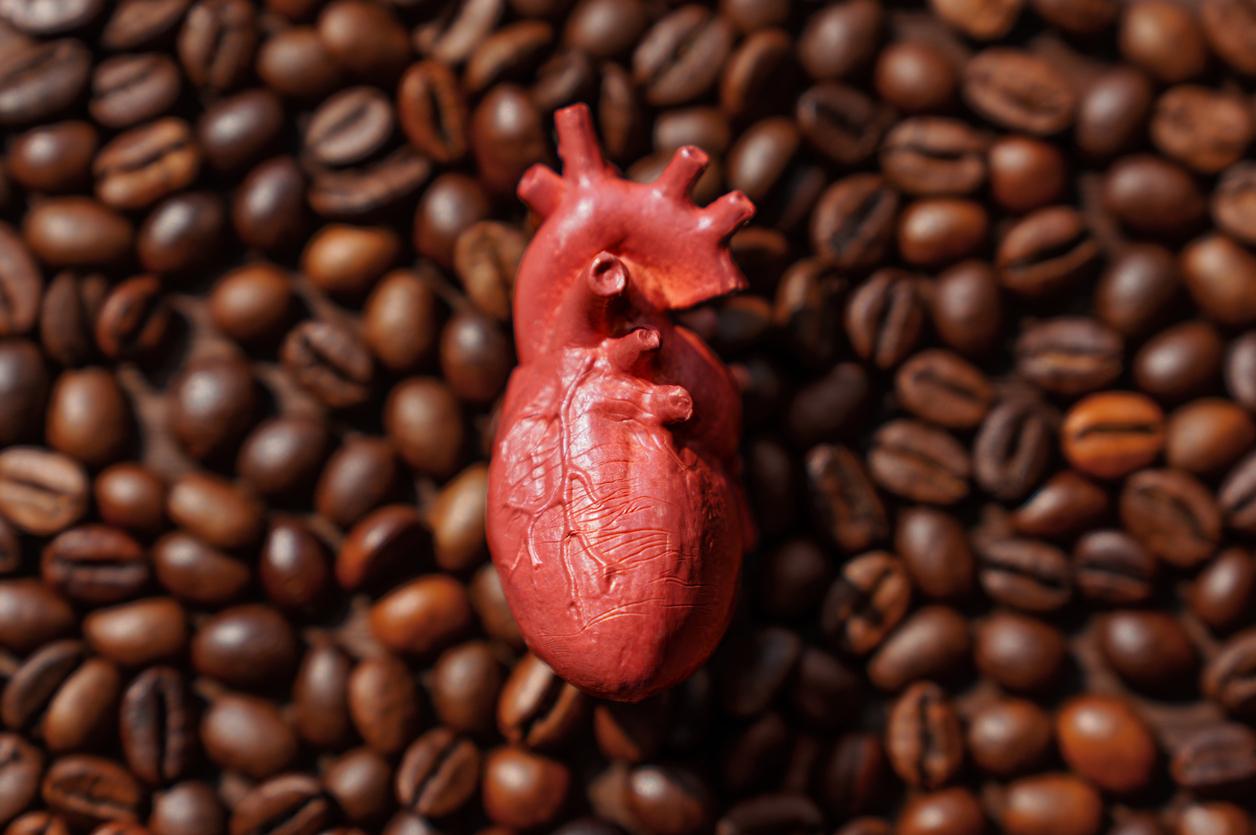The effects of coffee are constantly scrutinized by researchers and often singled out, either for their benefits or for their disadvantages. Today, a study published in the scientific journal Hepatology and conducted by a team at Duke-NUS Graduate Medical School in Singapore suggests that caffeine consumption may reduce fatty liver disease in people suffering from liver disease of non-alcoholic origin. This pathology is “characterized by the storage of lipids in the liver and affects 80% of obese people to cirrhosis for 20 to 30% of them”, indicates the National Institute of Health.
Researchers have shown that caffeine stimulates the assimilation of lipids present in liver cells, leading to a decrease in fatty liver disease. Tests on mice fed a high-fat diet confirmed these findings. The authors of the study therefore recommend a consumption of around four cups of coffee per day in order to prevent and fight against the progression of this accumulation of fat. This work also paves the way for other studies to develop drugs capable of developing the beneficial effect of caffeine, while eliminating its negative consequences, the researchers hope.


















